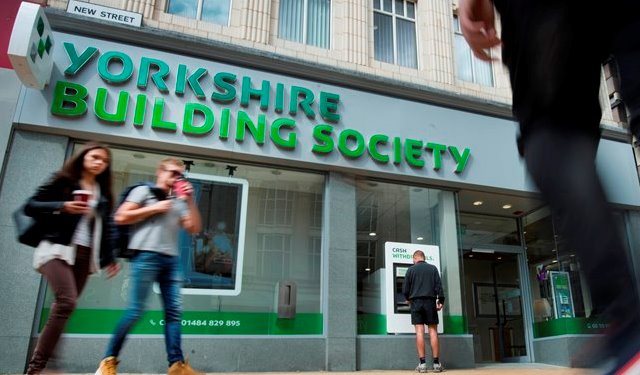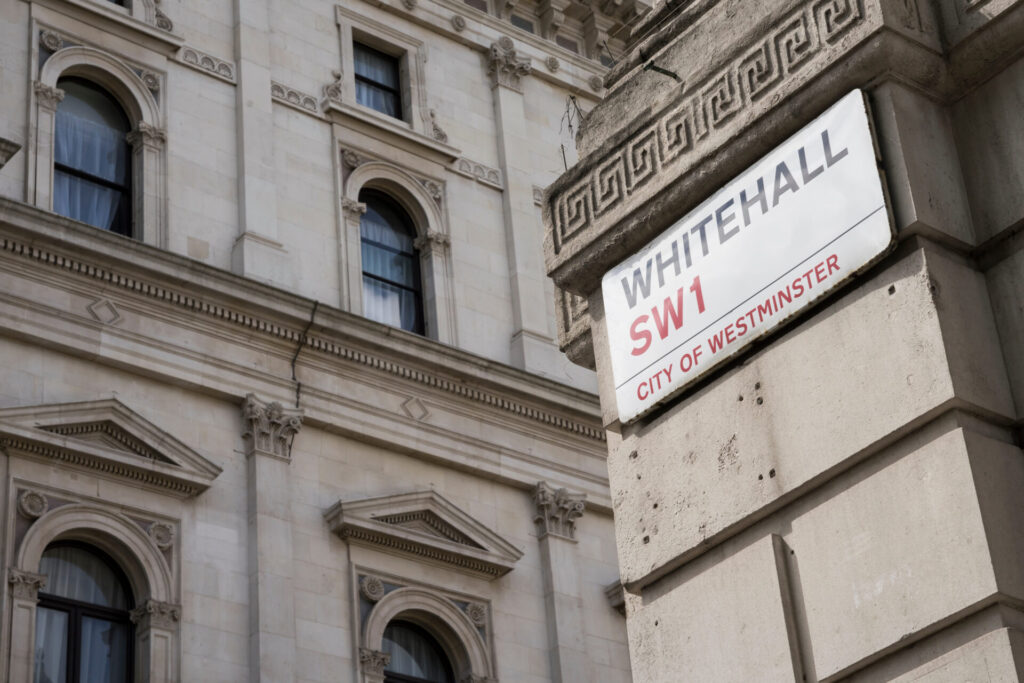Financial inequality in the UK is worsening, with new figures from Yorkshire Building Society revealing that 19% of people could survive less than a month without income- up from 16% in 2021.
In contrast, 38% now say they could last more than six months, compared to 27% four years ago, reflecting a growing divide between those able to save and those living month to month.
The proportion of people with more than £5,000 in savings has increased from 36% to 50%, while the number of people with no cash savings at all has doubled from 13% to 26% since 2021.
Among households earning £30,000–40,000, 14% have less than £1,000 in savings. By contrast, just 1% of those earning over £100,000 are in the same position.
Pete Lewis, senior savings manager at Yorkshire Building Society, said: “The widening gap between those who can save and those who are struggling highlights the growing financial divide in the UK.
“While some households have been able to build up savings, far too many are living day by day, unable to withstand financial shocks.
“With nearly one in five Brits saying they could only survive less than a month without income, it’s clear that rising costs and economic instability are putting immense pressure on everyday families, even those with modest incomes who are battling higher prices in the shops, mortgage increases and childcare costs.”
Almost half of respondents (47%) reported feeling stressed about their finances, while 69% believed money worries would impact their health in the next five years.
This concern was higher among people currently in work (71%) than those not working (64%). Key worries included food and energy prices (61%), rent (59%), and mortgage costs (51%).
Yorkshire Building Society also referenced findings from a 2023 report by the Bristol University Personal Finance Research Centre, which showed that regular saving – even small amounts – can significantly boost wellbeing.
Among those on low incomes, 53% of savers reported being satisfied with life, compared with just 40% of non-savers.
Lewis added: “We need to address this imbalance—whether through better financial education or policies that support saving and security.
“If current trends continue, millions will remain vulnerable while wealth inequality deepens. Now is the time to take action to ensure financial resilience is attainable for everyone, not just those already ahead.”

















